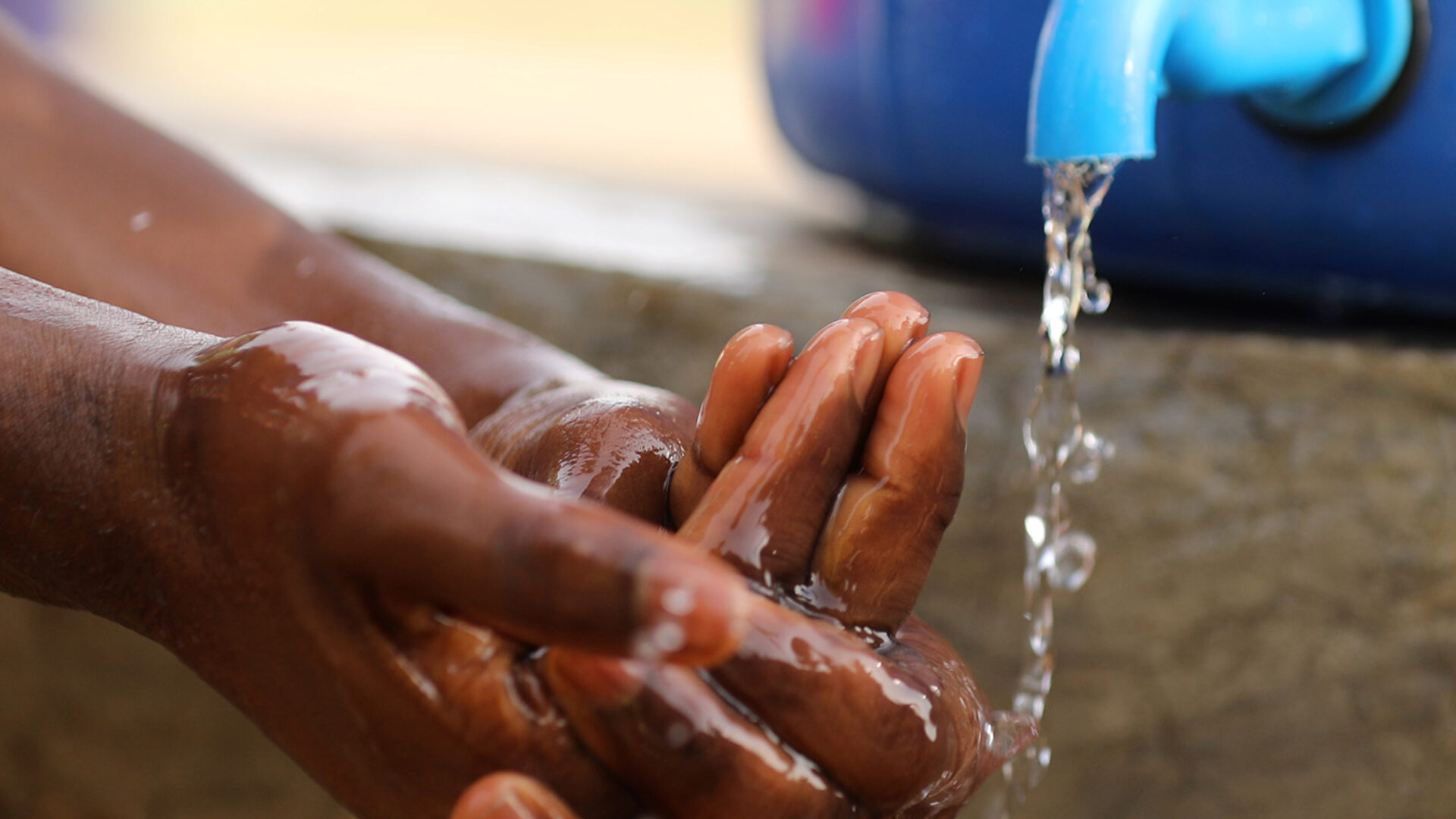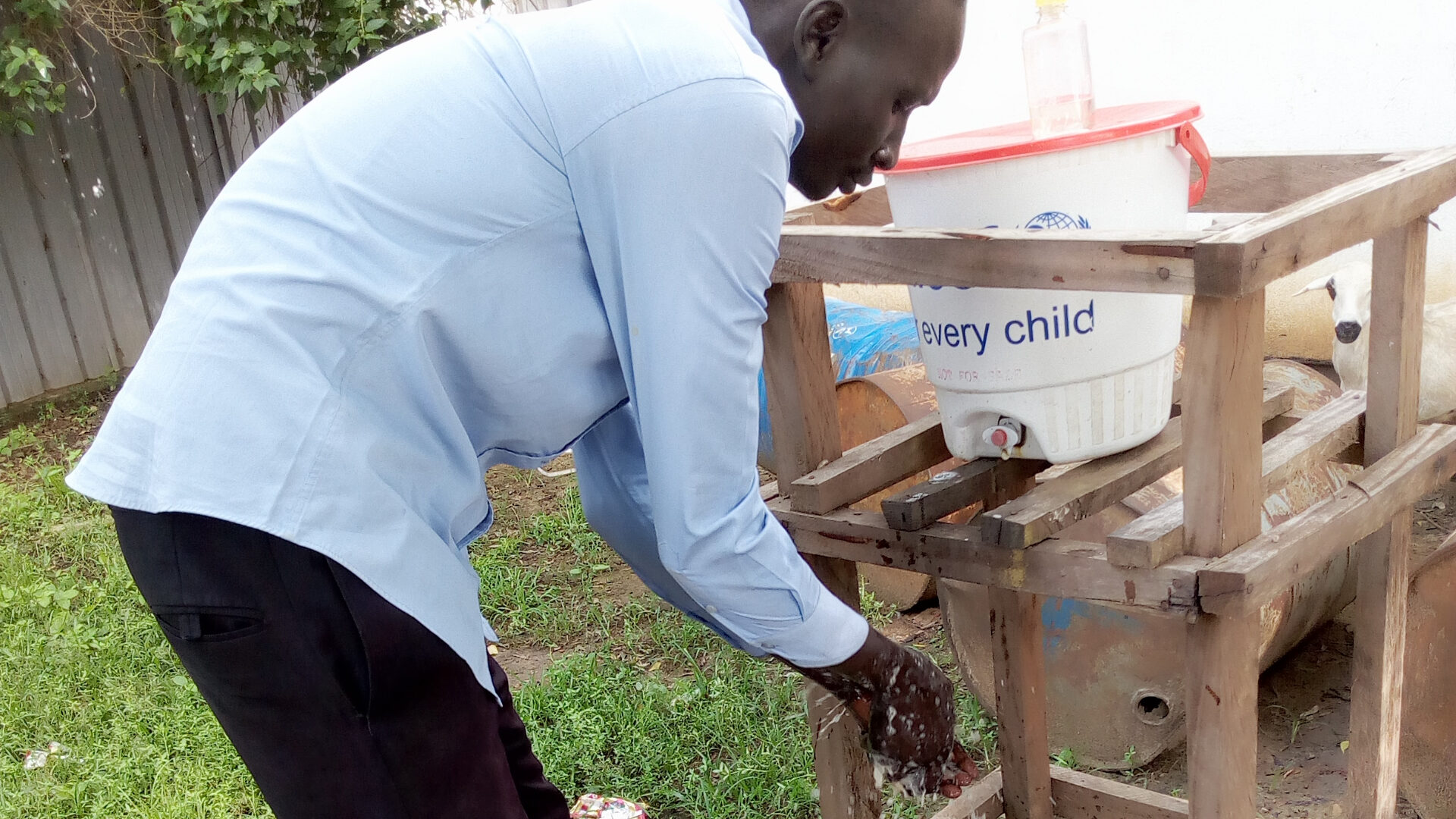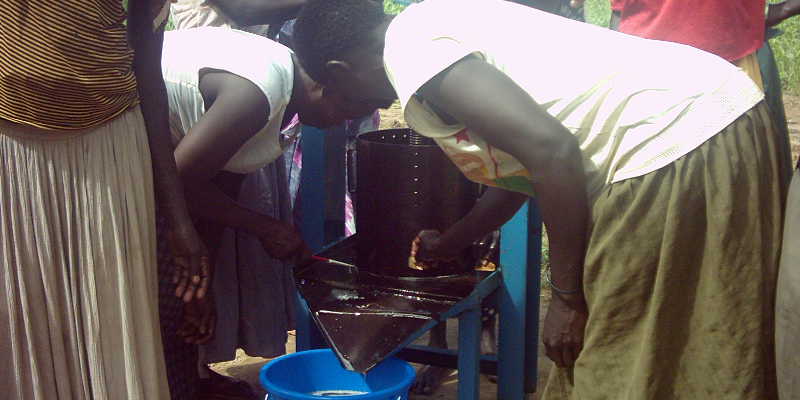


Clean water is essential for survival, but South Sudan communities suffer from contaminated water that leads to sickness or is unable to afford clean water at all. Through a multi-faceted approach, TF will keep communities healthy through WASH programs.
The community and schools are reached through sensitization on proper hygiene, initiation of handwashing facilities using locally available containers, use of pit latrines or toilets, harvesting of water, and boiling or use of water guard for drinking water. Urban/Rural lead total sanitation is a concept borrowed from Kenya to help reduce and promote sanitation through proper use of toilets to reduce pollution of the environment through the deposit of faeces aimlessly.
Community members in the targeted villages and school children are reached
with hygiene and sanitation messages through hygiene and sanitation social events like social hall meetings and national events like the celebration of the global handwashing days and world toilet days, School WASH activities are undertaken where school children are engaged as disseminators of hygiene and sanitation message.
The program uses PHAST (Participatory Hygiene and Sanitation Transformation) to improve hygiene behaviors – prevent diarrhoea! Diseases – encourage community management of water and sanitation facilities. It does this by: – demonstrating the relationship between sanitation and health status – increasing the self-esteem of community members on the other hand, it empowers the community to plan environmental improvements and to own and operate water and sanitation facilities and CHAST (Children’s Hygiene and Sanitation Training) premise that personal hygiene practices are usually acquired during childhood.
For sustainability, TF will continue partnering with national agencies, donors, Local
Authorities and the communities to build the capacities of partners and Community
beneficiaries in order to deliver quality and friendly services to the key affected populations.
Support Capacity building in the areas of Physical, institutional strengthening,
Behavioral/attitudinal (Addressing 3 Key Barriers to WASH in South Sudan; in accordance to the millennium development goal no. (4) On poverty reduction, improved health, and access to safe water which will never be equitably met unless the disabled people are included, Monitoring and Evaluation, Group development, management of GBV and Disability, HIV technical capacity development, networking and referrals during service delivery.

